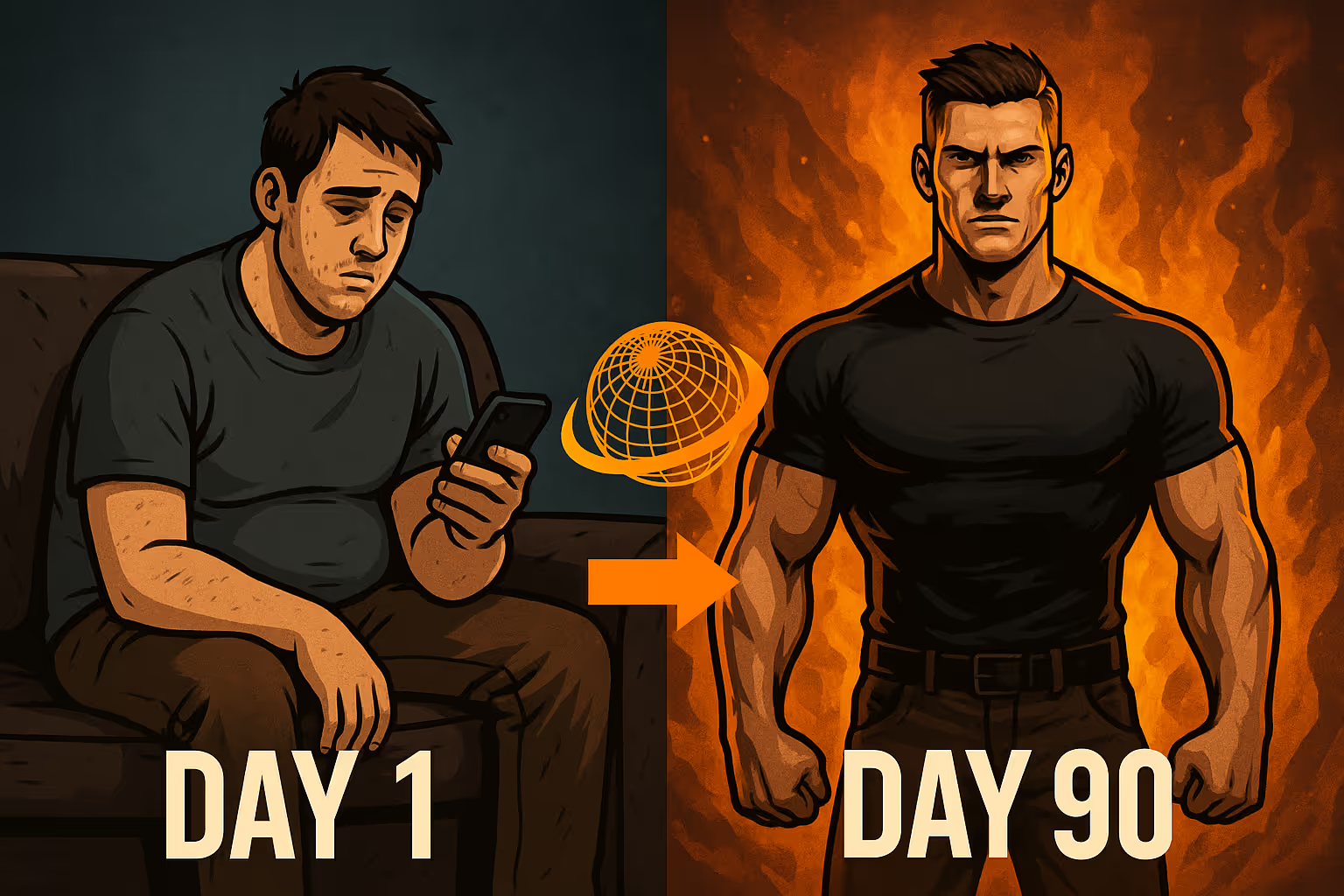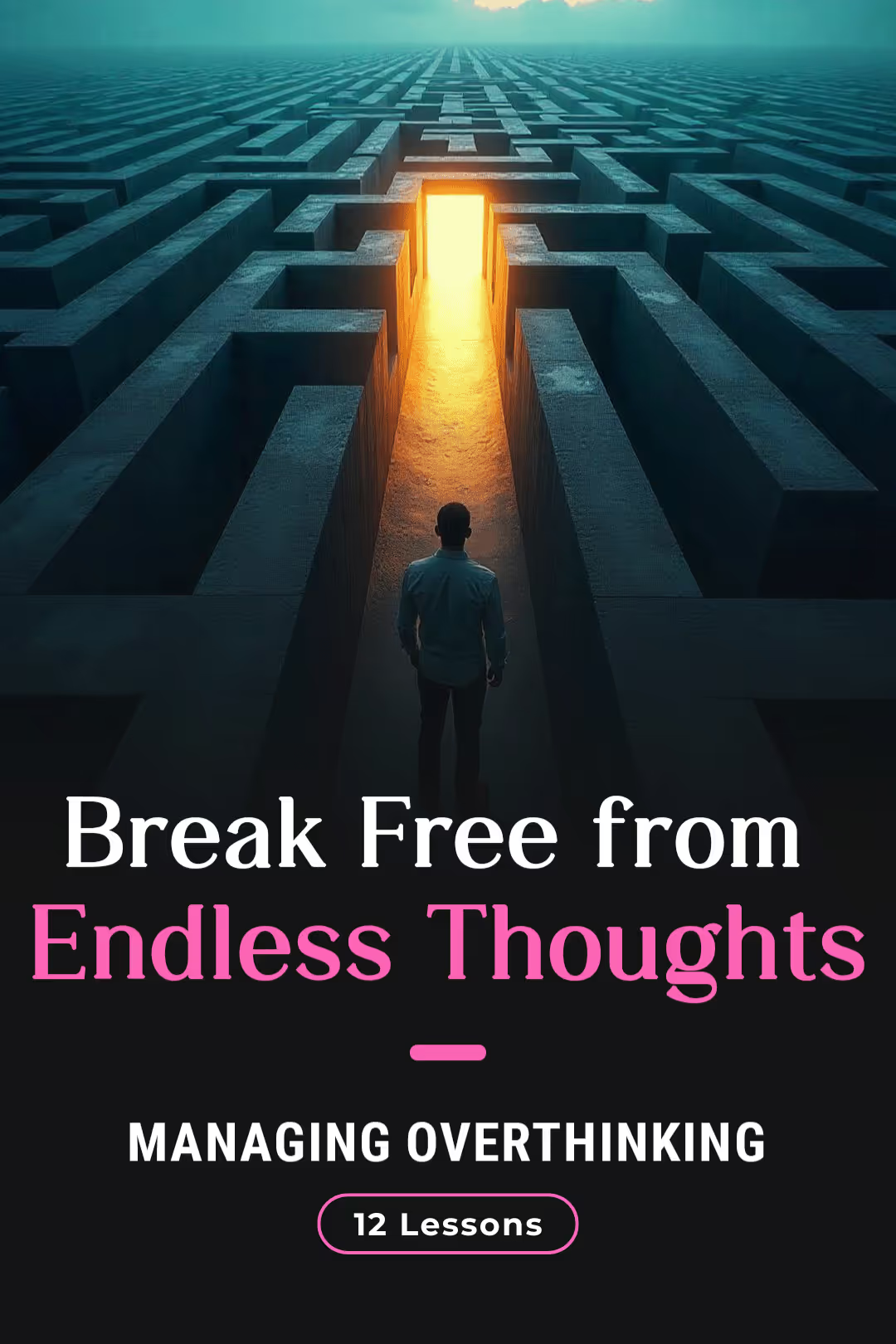
You’re Doing Everything Right—So Why Do You Feel Nothing?
You hit the gym.
You crush deadlines.
You don’t complain.
You’re respected, reliable, and even admired.
But when it gets quiet—when the noise stops—you feel it:
That weight in your chest. That numbness behind your eyes. That emptiness no one sees.
Welcome to what many call “high-functioning” depression—and what it really is:
A silent war most men never speak of… until it breaks them.
What Is Male Depression (and Why It Often Goes Unseen)?
Unlike the stereotypical image of someone crying in bed all day, male depression often wears a mask.
Men are less likely to appear “sad.” Instead, they show:
- Chronic fatigue
- Low motivation masked as “grind”
- Emotional numbness
- Anger or irritability
- Overworking, overtraining, or overcontrolling
- Escaping through porn, social media, or substances
They function. They produce.
But they don’t feel.
This is not weakness.
It’s conditioning.
Why Depression in Men Gets Missed or Misdiagnosed
Here’s the reality:
- Women are twice as likely to be diagnosed with depression.
- But men are 3 to 4 times more likely to die by suicide.
- Men often turn pain inward—through silence, self-isolation, or high-risk behavior.
- Most men wait until the breaking point—if they seek help at all.
The system isn’t built to catch them early.
So they break late—and often, in private.
Signs You’re “Functioning” On the Outside, But Burning Out Inside
Ask yourself:
- Do you feel disconnected from things you used to enjoy?
- Do you distract yourself constantly just to avoid silence?
- Do you feel like you’re living on autopilot—even while succeeding?
- Do you fear slowing down because it might all catch up to you?
These aren’t mood swings.
They’re markers of emotional depletion—and eventually, depression or burnout.
Why Ambitious Men Are Especially at Risk
High standards.
Delayed emotions.
Self-worth tied to output.
Perfectionism masked as discipline.
No space to fail. No permission to feel.
Men who push hard rarely pause to process.
Until their system pushes back.
You don’t have to “hit rock bottom” to change direction.
You just have to notice you’re not okay—and be honest enough to do something about it.
5 Tools That Will Actually Help
Here’s how you start reconnecting to yourself—without needing a therapist on day one:
1. Morning Clarity Practice (5–10 min)
Write down what you feel—not what you should feel.
Simple prompts:
- What am I avoiding?
- What did I ignore yesterday?
- What truth am I not speaking?
2. Cold Exposure or Breathwork
Reignite sensation. Get out of your head and into your nervous system. This reconnects emotional and physical response pathways.
3. Brotherhood > Isolation
Being around men who are honest about their darkness breaks shame. You’ll realize: You’re not the only one who feels this way.
4. Start Naming Emotions Precisely
Not “I feel off.”
Try: exhausted, disappointed, bitter, ashamed, uninspired.
The brain processes named emotions more constructively than vague ones.
5. Build One Thing for Yourself
Most high-performing men serve everyone else.
Start something that’s yours—a project, a goal, a mission—without needing applause.
Final Thoughts: Feeling Empty Doesn’t Make You Weak. It Means You’re Ready.
When the external world sees success, but your inner world feels hollow—that’s not failure. That’s friction.
It’s your system saying:
“You’ve outgrown the way you’ve been living.”
And you don’t need to collapse before you course correct.
You just need a framework.
You need tools.
You need standards higher than the ones that got you here.
The One Academy – Rebuild From the Inside Out
At The One Academy, we don’t hand out band-aids.
We train men to lead themselves—through mental mastery, emotional resilience, and powerful structure.
We speak the truth. We build the habits.
We show you how to stop pretending and start building a life that feels as good on the inside as it looks from the outside.
This isn’t therapy. It’s transformation.
If you’re done performing and ready to feel again—
👉 www./theone.academy



.svg)































.avif)


























































.svg)
.svg)